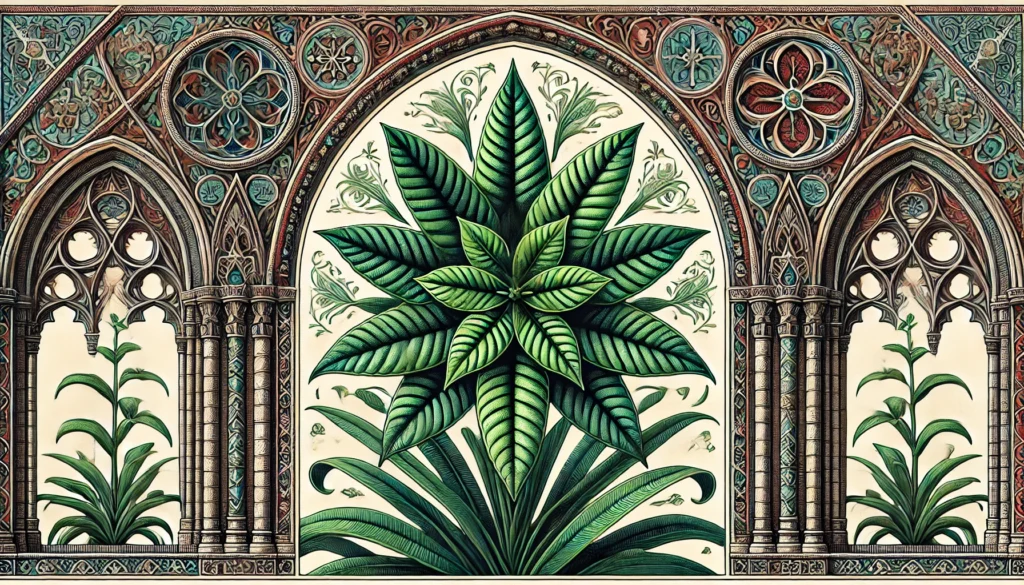

Home » Cat Plants » How Dangerously Toxic is the Starleaf Plant for Cats?

The starleaf plant, also known as schefflera, umbrella tree, or octopus tree, is toxic to cats if ingested. While not usually fatal, the starleaf plant contains potentially harmful substances that can cause mild to moderate symptoms in cats.
The toxicity is due to the presence of insoluble calcium oxalate crystals, terpenoids, and saponins in the plant. Starleaf plants are commonly found as ornamental houseplants and can also grow outdoors in tropical climates like South Florida.
Ingestion may cause mild gastrointestinal upset, but is generally not life-threatening.
Ingestion can result in mild symptoms like vomiting, diarrhea, or drooling. Rarely fatal but may require veterinary care.
Eating these plants can lead to more pronounced symptoms like abdominal pain, lethargy, or difficulty breathing. Veterinary intervention may be necessary.
Ingesting even small amounts can cause severe symptoms like organ damage, seizures, or cardiac failure without rapid treatment.
All parts of these plants are extremely poisonous to cats and can quickly lead to death, even with immediate veterinary care.
** Please note: Please note that toxicity level can vary based on the amount ingested and the specific cat. It's always best to keep these plants completely inaccessible to cats and seek immediate veterinary care or call the poison hotline if you suspect your cat has ingested any part of a toxic plant.
If a cat ingests parts of a starleaf plant, it may experience the following symptoms:
In most cases, ingesting small amounts of starleaf will only result in minor oral irritation and gastrointestinal upset. However, consuming larger quantities may lead to more severe symptoms.
If you suspect your cat has eaten parts of a starleaf plant, contact your veterinarian for guidance. Your vet will likely follow these steps:
In most cases of mild starleaf toxicity, cats recover well with prompt veterinary care and management of symptoms.

A: Yes, the Star Flower, particularly the borage plant, is highly toxic to cats. It can cause severe symptoms, including vomiting and irritation.
A: Many leaf plants can be toxic to cats, especially if they contain harmful compounds. Cats often ingest toxic plant materials while grooming themselves, leading to serious health issues.
A: The lily is widely regarded as the most toxic plant to cats. However, other plants like Starleaf and sago palm can also be extremely harmful.
A: No, the Shooting Star plant is not safe for cats. It contains alkaloids and other irritants that can cause harmful effects if ingested.
A: Yes, the Starleaf Plant, also known as Schefflera, is harmful and toxic to cats. Ingestion can cause intense oral irritation and other severe symptoms.
A: If your cat ingests a Starleaf Plant, symptoms may include vomiting, drooling, and difficulty swallowing. Immediate veterinary care is necessary to address these toxic effects.
The starleaf plant, scientifically known as Schefflera arboricola, is native to Taiwan. In its natural habitat, it sometimes grows as an epiphyte on other trees. The genus Schefflera is named after the 18th-century Polish botanist Johann Peter Ernst von Scheffler.
Starleaf plants were introduced to the United States as ornamental houseplants and landscape plants in tropical regions, valued for their glossy, attractive foliage and tolerance of a wide range of growing conditions.
Please note: The information shared in this post is for informational purposes only and should not be considered as veterinary medical advice.
🐾 A hilarious or heart-melting cat video
🐾 Our latest paws-on review of a cool cat toy